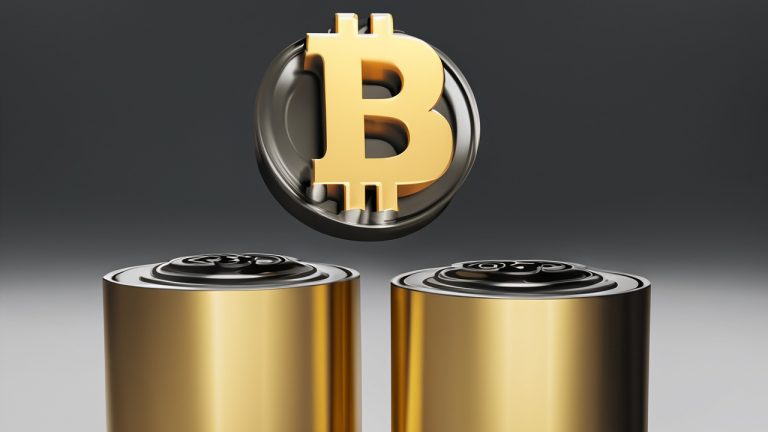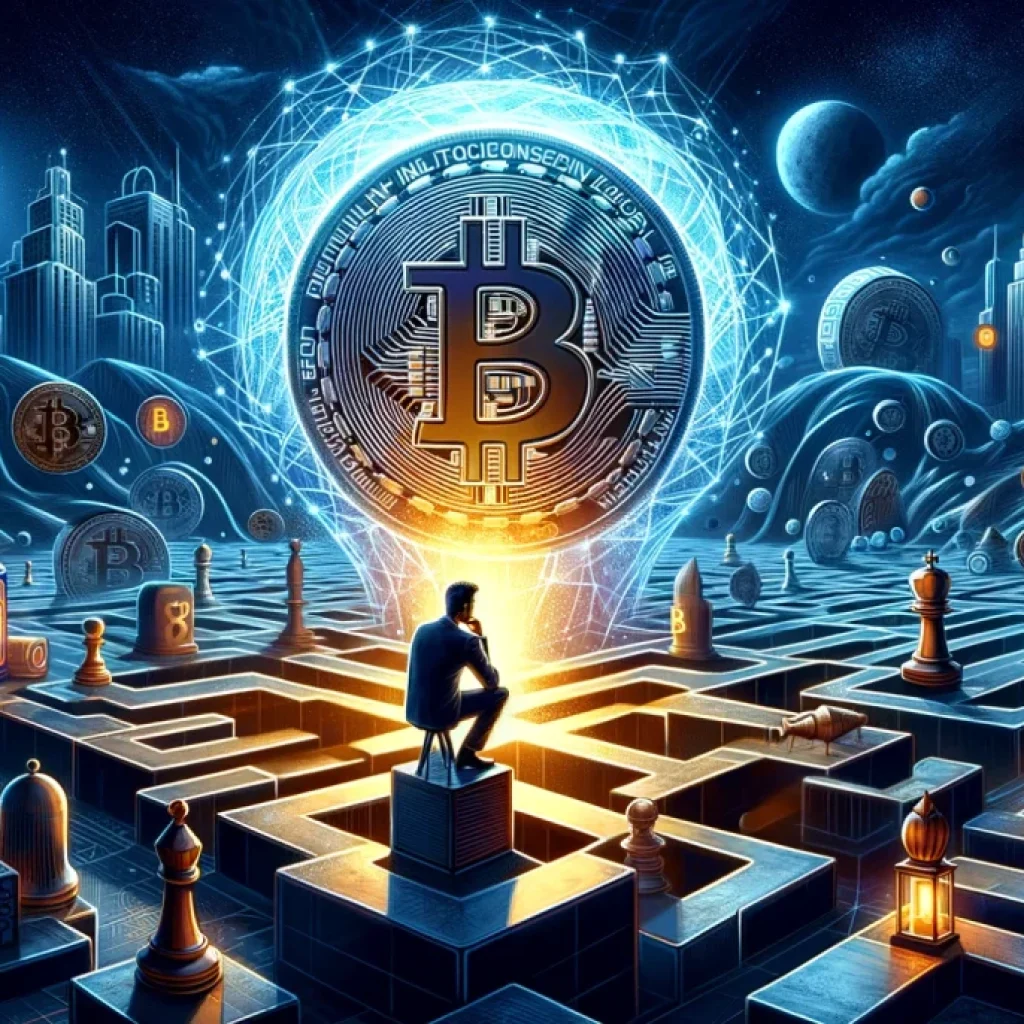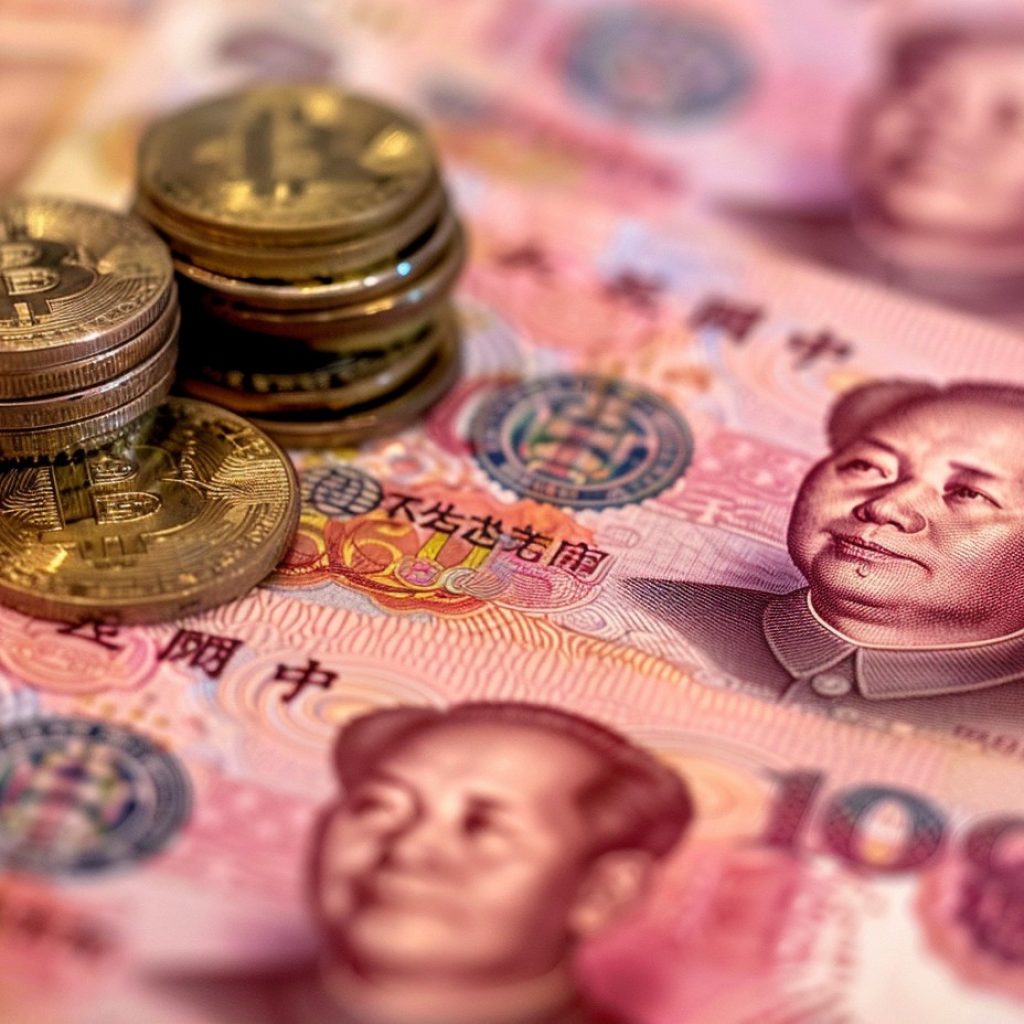
In recent times, attention has gravitated towards a novel substance known as LK-99, celebrated as a potential wonder superconductor with the capability to usher in an era of lossless power transmission, more potent computers, and stronger magnets. Yet, as scientists have been laboring to replicate the LK-99 experiment up until August 5, 2023, the academic community has yet to formally endorse the superconductivity of this material. Even so, the dialogue has evolved into almost mythical conjectures, encompassing visions of handheld quantum computers and the dismantling of today’s most robust encryption, as well as the theoretical ability to penetrate Bitcoin’s cryptography.
Bitcoin Community Responds to LK-99’s Alleged Superconductivity and Possible Implications
Since July 22, 2023, scientists have been invigorated by a new paper called “The First Room-Temperature Ambient-Pressure Superconductor,” published by the researchers Sukbae Lee, Ji-Hoon Kim, Young-Wan Kwon. South Korean and Chinese researchers published preliminary results claiming the material now known as LK-99, reportedly allows electricity to flow without resistance at room temperature and standard air pressure.
If proven and commercialized, a superconductor that provides these features could have wide-ranging impacts on technology and sustainability. The invention of the semiconductor changed the world as they have partial conductivity that can be precisely controlled, making them ideal for electronics.
Superconductors, on the other hand, can transmit electricity without losses, meaning no energy is wasted as heat. Superconductors have perfect conductivity but only at impractical temperatures, limiting their every day applications so far. The new material LK-99 reportedly changes that. If validated, room-temperature superconductors like LK-99 could revolutionize computers, quantum computing, artificial intelligence (AI), healthcare, transportation, and more.
Unverified fully levitating #lk99 from China pic.twitter.com/MF9744UAeM
— LERE (@lere0_0) August 5, 2023
A viable superconductor could span nearly every technology involving electricity and magnetism. However, some experts remain skeptical given the limitations of initial studies. More rigorous testing is needed to validate the claims, and no timeline exists for commercialization. The original paper also lacked key details, raising doubts.
But the potential is enormous if LK-99 proves real. So far, the early results have energized research worldwide. Groups are now racing to reproduce the findings on LK-99 and related compounds. As of August 5, 2023, the elusive quest to produce or mirror LK-99’s purported superconductivity has remained unfulfilled by any team. Yet, this has done little to quell the surge of wide-eyed speculations that have since emerged.
Hot take 🌶️
The consensus debate about migrating #Bitcoin to Post-Quantum Cryptography is expected to be driven or at least lifted again by the sudden #LK99 discovery. pic.twitter.com/GAr6X1vptB
— ̶ᴾ̶ᵒ̶ˢ̶ᵗ Quantum Cartograpħer 🗺️ (@Year2Quantum) August 1, 2023
In the realm of cryptocurrency, the buzz surrounding the LK-99 discovery has evolved into a web of inquiries and hypotheses concerning quantum computers cracking Bitcoin’s cryptography. These theories have found their way into spirited debates across social media platforms like X and Reddit, becoming a hot topic over the past week. A notable example can be found in a post published on the subreddit forum r/bitcoin, which delves into this intriguing subject.
On August 1, 2023, a Redditor inquisitively queried the community, asking if anyone had “any thoughts on LK-99 implications for Bitcoin?” The responses were quick and varied; one individual envisioned that if the claims were true, new application-specific integrated circuit (ASIC) rigs might emerge. Another person candidly asserted that Bitcoin would need to implement quantum resistance with haste should LK-99 prove to be genuine.
“Bitcoin will need quantum resistance and relatively fast (5 years?). And more importantly actually be live on mainnet, that might be hard for Bitcoin community to actually vote and approve, on time,” the Redditor said. “Ok so maybe it might be 10 years. But do you really want to bet your entire BTC stash on that?”
Another Redditor declared that the “wealth equalization that will occur will make Bitcoin obsolete.” Meanwhile, on the social media platform X (formerly known as Twitter), similar conjectures regarding Bitcoin and LK-99 are scattered throughout various threads. “Is LK-99 Bitcoin ‘s biggest threat ever?” one individual provocatively posted on X, further elaborating, “A new wave of Quantum computers, powered by superconductors, could crack its cryptography.”
The skepticism and excitement extend further, with another user on the platform proclaiming, “Of course, if LK-99 is real, which is looking to be the case … the revolution in quantum computing will kill many types of encryption and put [a] nail in [the] coffin of bitcoin.”
At this juncture, a balanced blend of healthy skepticism and burgeoning optimism prevails. The future of LK-99 remains uncertain—it may flourish or falter. Yet, the sheer magnitude of its potential is such that the research alone could yield rich rewards, unlocking unprecedented insights into the very fabric of physics. The mere hint of room-temperature superconductors has sent a thrilling charge through the scientific community.
This pursuit, even if LK-99 ultimately falls short, might guide us to unexpected revelations and answers. However, the notion that LK-99 poses a threat to Bitcoin’s cryptography seems rather exaggerated for a phenomenon that has yet to be officially replicated and peer-reviewed. And, even if it were to reach that milestone, the journey from discovery to mass production and commercialization could span well over a decade.
What do you think about the LK-99 subject and bitcoiners discussing the possible implications to Bitcoin’s cryptography? Share your thoughts and opinions about this subject in the comments section below.






